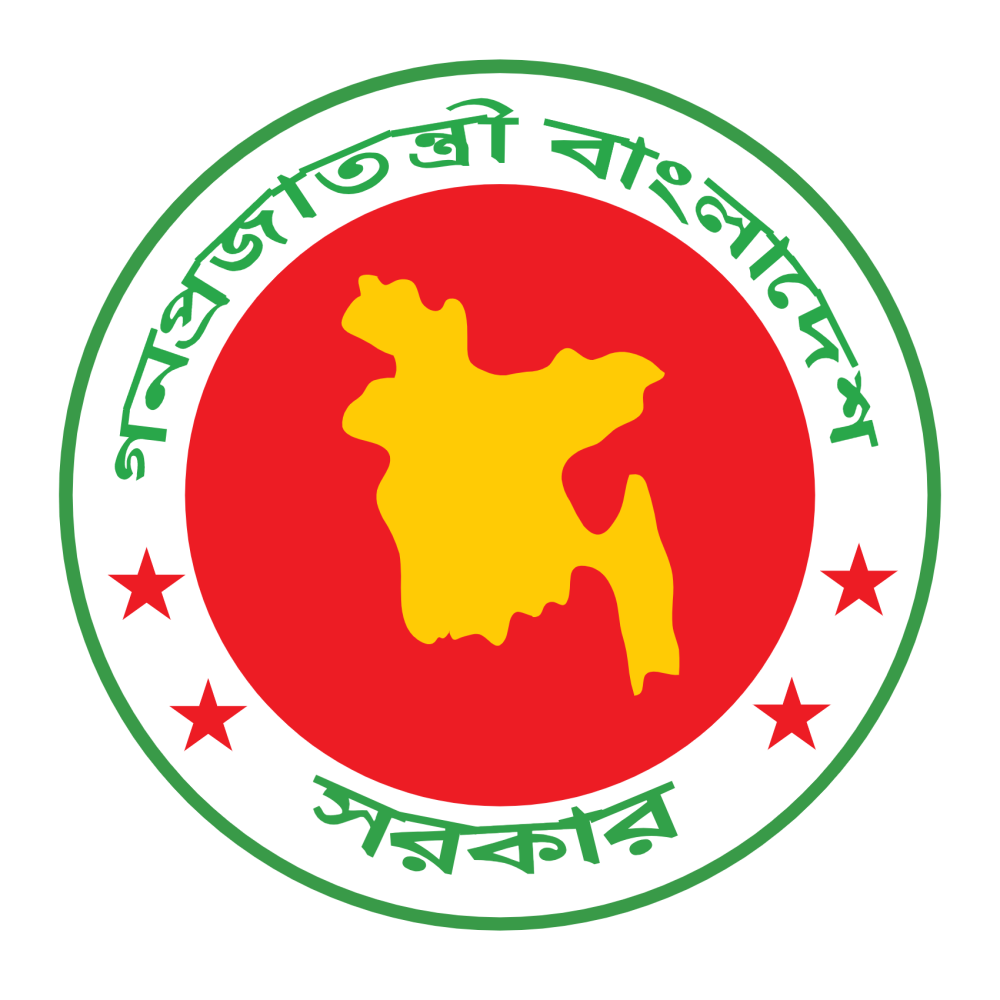Public procurement processes in Bangladesh had concerns regarding inefficiency, and potential vulnerabilities to corruption plagued the system. In response, the Bangladeshi government implemented a groundbreaking initiative – the Electronic Government Procurement (e-GP) system. Launched in 2011, this now-mandatory system has revolutionized the public procurement scene in Bangladesh.
The e-GP system operates through a centralized online platform accessible to all government procuring agencies and entities. This single-window approach fosters a streamlined procurement process, encompassing everything from the initial planning stages of publishing Annual Procurement Plans to bid submission, evaluation, and contract management. By mandating this platform, the Bangladeshi government seeks to create a more transparent and competitive landscape for public procurement activities. This not only enhances transparency and accountability but also offers a multitude of advantages for both procuring entities and participating businesses.
Bye-Bye Bureaucracy: Bangladesh Embraces e-GP Transparency
In a decisive move towards greater transparency and efficiency, the Bangladesh Public Procurement Authority (BPPA) recently announced the mandatory adoption of the e-GP system for all government procuring agencies. Effective March 2024, this landmark decision marks a significant shift in how government tenders are conducted.
The e-GP system, launched in 2011, is a valuable tool for government agencies to manage procurement activities. However, to some extent, its use was optional. This new directive signifies a proactive stance by the BPPA to leverage the e-GP platform’s strengths and usher in a more standardized and transparent era for public procurement.
The implications of mandatory e-GP adoption are far-reaching. Mohammed Shoheler Rahman Chowdhury, Chief Executive Officer of BPPA, emphasizes that “The conduct of tendering through the electronic Government Procurement (e-GP) system is now mandatory for all procuring agencies.” This establishes the e-GP system as the sole platform for government agencies to initiate and manage public tenders. Bidding processes will transition entirely to the online sphere, ensuring a paperless and publicly accessible activity record.
Active Agencies, Abundant Tenders: e-GP Adoption Flourishes
The mandatory adoption of the e-GP system marks a significant milestone, but its actual impact will depend on successful implementation. Here, we delve into the current state of e-GP adoption in Bangladesh.
As of March 11, 2024, the Bangladesh Public Procurement Authority (BPPA) has made significant progress in registering government procuring agencies on the e-GP platform. According to official data, 47 ministries, 27 divisions, and 1457 organizations have registered in the system. This indicates a strong initial response from government entities, demonstrating their willingness to embrace the e-GP system. The tenderers and consultants have also been firmly committed to adopting the e-GP system. So far, more than 1 lakh individual tenderers and consultants have registered for the system.
More than 13 lakh tenders have been invited by the procuring entities in the system, of which around 10 lakh tenders have been completed. These numbers denote the success of the e-GP system in our country in promoting transparency.
Balancing Benefits and Burdens
The benefits of mandatory e-GP adoption are numerous. Increased transparency is a crucial advantage, as the online platform eliminates the potential for manipulation associated with traditional paper-based processes. Streamlined procedures for both government agencies and businesses are another expected outcome. The e-GP system promises to accelerate tendering processes, reduce administrative burdens, and level the playing field for all potential bidders.
While exciting opportunities lie ahead, transitioning to a mandatory e-GP system may also present challenges. Ensuring adequate training and technical support for government agencies and businesses unfamiliar with the platform will be crucial. Additionally, addressing potential connectivity issues in remote areas may be necessary to ensure equitable access for all participants.
Despite these potential hurdles, the mandatory adoption of the e-GP system represents a significant step forward for Bangladesh’s public procurement landscape. This initiative paves the way for a more level playing field, fostering greater competition and ultimately leading to better value for public funds.
The e-GP System: A Cornerstone for Smart Bangladesh
The mandatory adoption of the e-GP system by all government agencies signifies a pivotal moment in Bangladesh’s journey towards a “Smart Bangladesh.” This initiative aligns perfectly with the government’s vision of leveraging technology to enhance efficiency, transparency, and accountability across various sectors.
However, the successful implementation of the e-GP system requires continued efforts. Ensuring proper training and technical support for government agencies and businesses will be crucial. Addressing potential connectivity issues in remote areas will also be necessary to guarantee equitable access for all participants.
Despite these challenges, the e-GP system represents a significant step towards establishing a more robust and transparent public procurement system in Bangladesh. This initiative, aligned with the “Smart Bangladesh” vision, fosters greater efficiency, accountability, and competition, ultimately leading to better value for public funds and a more equitable business environment. The e-GP system’s potential to transform public procurement paves the way for a brighter future where technology catalyzes good governance and economic growth.
